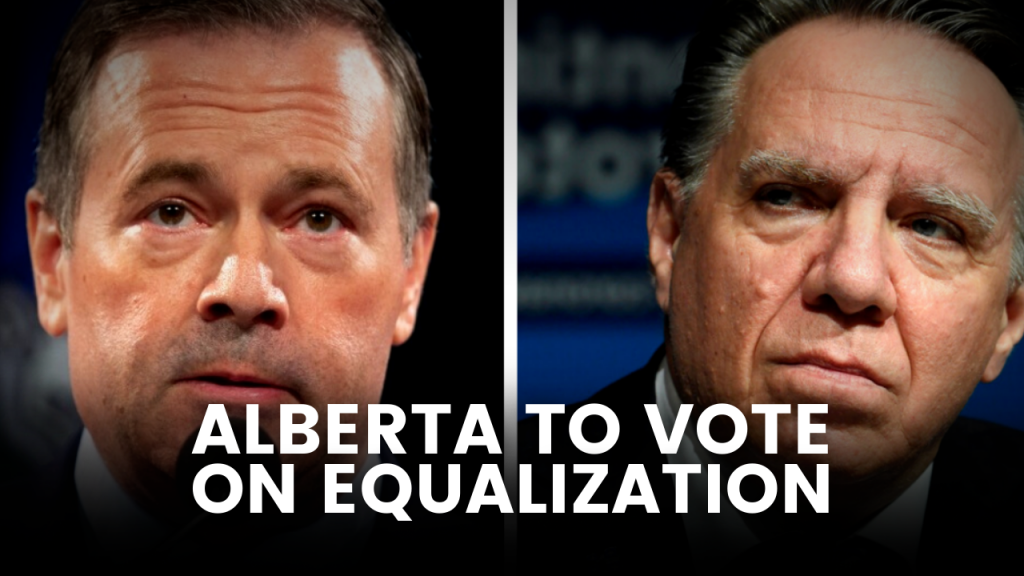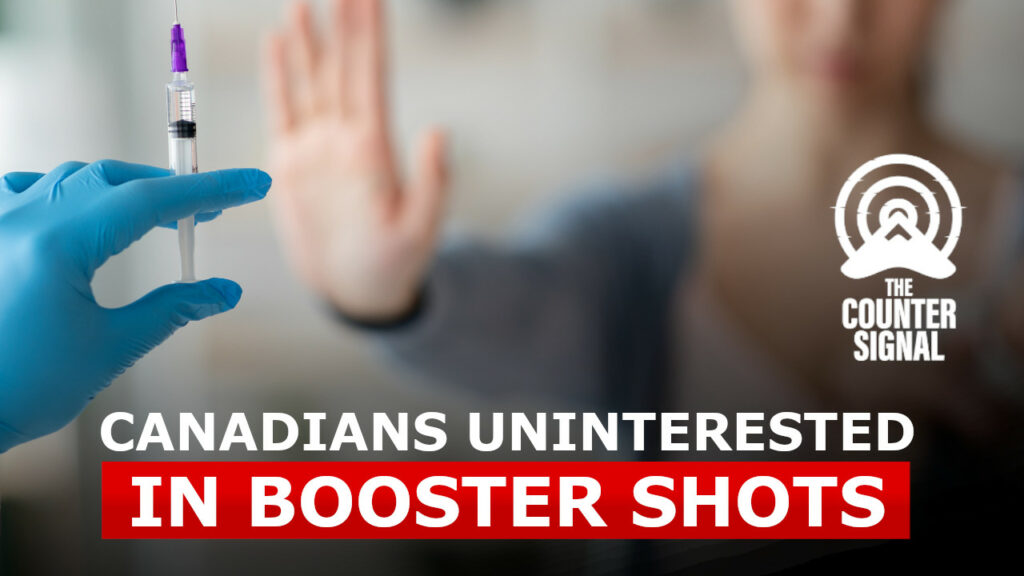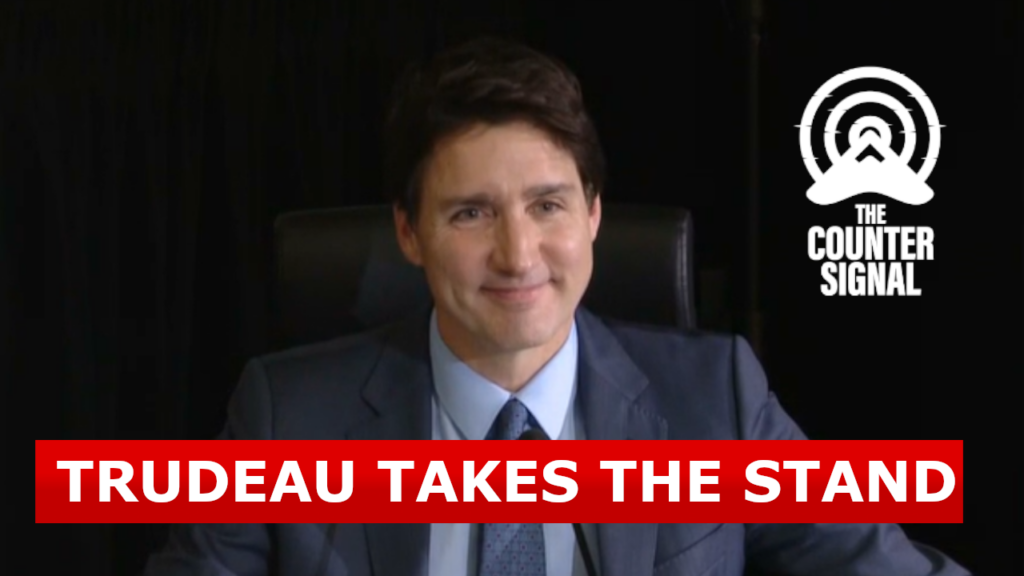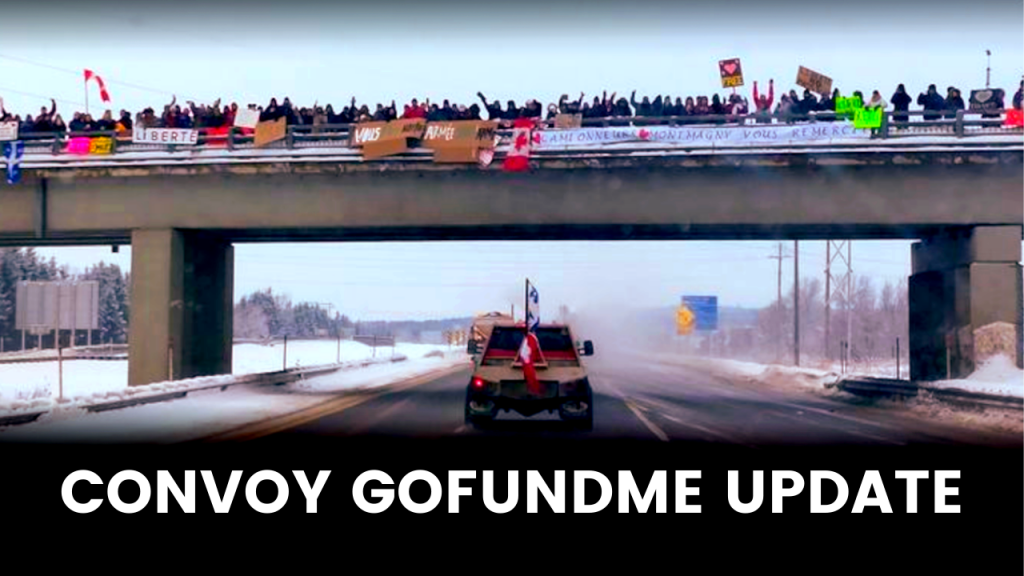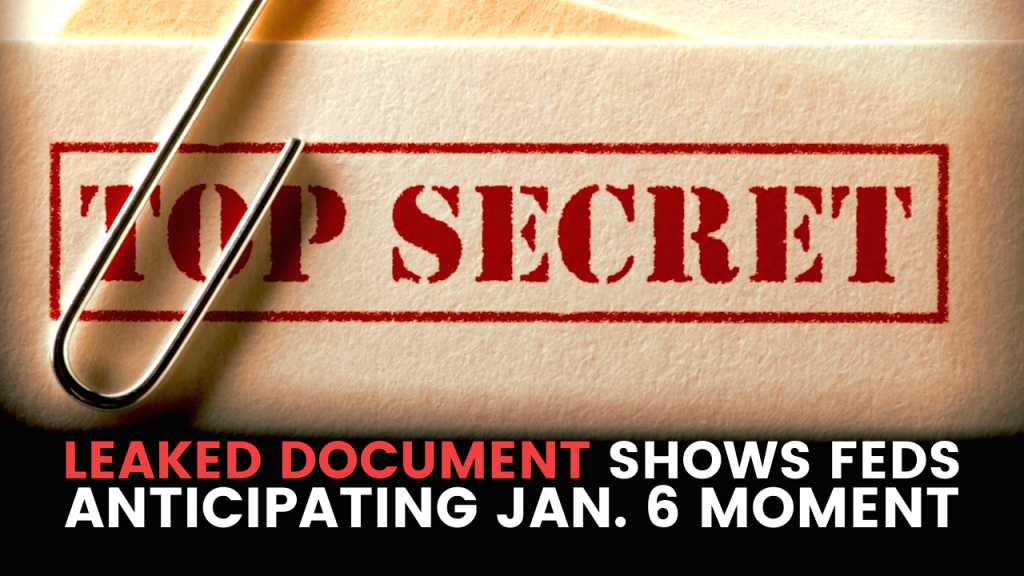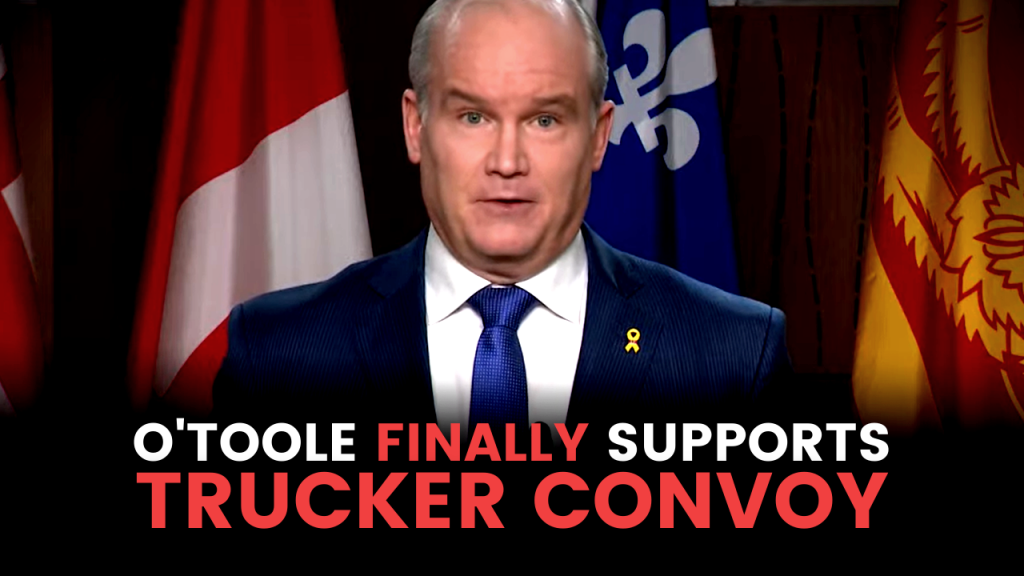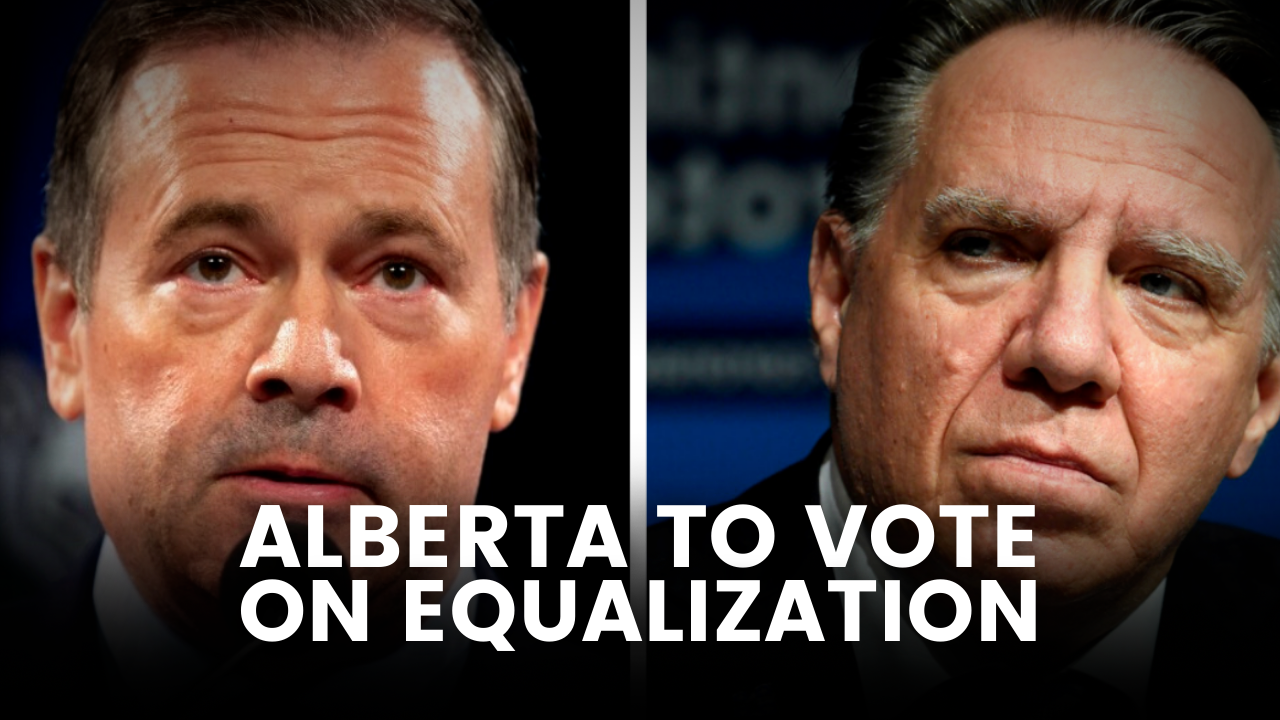
Alberta will hold an equalization referendum alongside municipal elections on October 18 to address long-standing provincial grievances resulting from high taxes to flip the bill for poorer provinces.
While the Alberta government has no power to change equalization payments, Premier Jason Kenney hopes that the vote will help “elevate Alberta’s fight for fairness to the top of the national agenda.”
Specifically, Albertans will be asked, “Should section 36(2) of the Constitution Act, 1982 – Parliament and the government of Canada’s commitment to the principle of making equalization payments – be removed from the constitution?”
While Quebec is the go-to adversary for Alberta on the issue of Equalization — mainly due to their opposition to pipelines and Alberta’s economy — the Atlantic provinces receive the most considerable portion per person. This is due to the relatively lower average household income compared to Alberta’s.
According to Statistics Canada, in 2019, the average household income in Alberta was $95,200, while those in Quebec made $68,600, those in Prince Edward Island made $64,700, those in Nova Scotia made $63,900, and those in New Brunswick made $63,800.
Thus, due to Alberta topping the charts as the arguably wealthiest province by household income, Albertans pay more in taxes and these tax dollars are redistributed to the East rather than spent on in-house projects.
“In a nutshell, it basically means the federal government provides some additional support to governments of poorer provinces to ensure that comparable public services to all Canadians can be delivered from coast to coast,” explained University of Calgary economist Trevor Tombe in an interview with CTV News.
“This is calculated by asking what a government’s ability to raise revenue is. So, we ask ‘If you had normal tax rates, if you had average tax rates, how many dollars would that raise for the provincial government?’ And any province who would raise a below average amount is topped up by the federal government to the national average levels so that everything is roughly comparable for those that have below average abilities to raise revenue.”
Overall, the result of Equalization is that “Alberta will receive $6.8 billion this year, approximately $1,500 per person. Ontario will receive $22.8 billion, approximately $1,500 per person, B.C. $1,500 per person, Saskatchewan $1500 per person. The poorer provinces will receive more. Because they are poorer,” writes the Edmonton Journal.
This low distribution of funds to Alberta — despite the large amount paid in taxes — is due to Alberta’s better competency and ability to provide its own services compared to Quebec and the Atlantic provinces.
Despite this reality, Tombe says he does not believe Alberta gets ‘the short end of the stick.’
“Well, the short answer is no, in the sense that equalization is a program to help lower-income provinces raise revenue to deliver public services,” said Tombe.
“Alberta is, most of the time, really lucky to have a really strong ability to raise revenue. Our economy outperforms others, our average incomes are higher, and so the taxes here tend to raise a lot more than taxes elsewhere and so we don’t qualify.”
According to Fairness Alberta, Alberta pays roughly $15-27 billion annually in taxes, with over $3 billion going towards Equalization.
“Put another way, Albertans in recent years have had about $6000 per family of four sent from Ottawa – annually – to other provincial governments to fund health and social services through CHT, CST, and Equalization alone,” notes Fairness Alberta.
All in all, as far as Albertans are concerned, they are getting the raw end of the deal financially speaking. However, critics argue that the benefits of being in Canada, rather than existing as a monolith, more than makes up for the expense.
Either way, Albertans now have the chance to give their two cents on the issue and finally lay to rest whether they believe this tradeoff is worth it.
